Thematic
For those teachers used to teaching the Modern World course, the concept of a Thematic study is going to take some mental readjustment. It will not only involve teaching unfamiliar content, it will also require teaching second order concepts over arcs of time. There are three choices from the examining bodies for the thematic study. There are 5 different thematic studies on offer through the various awarding bodies. They vary slightly in their titles but can be summed up under the following broad headings: Read more
Sort by:
Date (Newest first) | Title A-Z
Show:
All |
Articles |
Podcasts |
Multipage Articles
-

Using individuals’ stories to help GCSE students to explain change and causation
ArticleClick to view -

Film: Choosing the migration unit for GCSE
ArticleClick to view -

Move Me On 173: teaching the GCSE thematic study
ArticleClick to view -

Dealing with the consequences
ArticleClick to view -
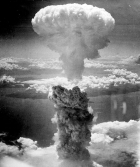
Significance
ArticleClick to view -
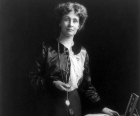
Podcast Series: The Women's Movement
Multipage ArticleClick to view -

Podcast Series: Politics, Reform and War
Multipage ArticleClick to view -

Podcast Series: Religion in the UK
Multipage ArticleClick to view -

Cunning Plan 163.1: GCSE Thematic study
ArticleClick to view -

Key Principles for teaching Thematic Studies at GCSE
ArticleClick to view -
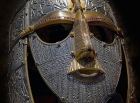
Podcast Series: The Anglo-Saxons
Multipage ArticleClick to view -

New, Novice or Nervous? 162: GCSE Thematic Study
ArticleClick to view -

Podcast Series: Britain's Changing Population
Multipage ArticleClick to view -

Podcast Series: British LGBTQ+ History
Multipage ArticleClick to view -
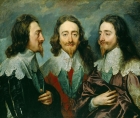
HA Podcast Series: James VI & I to Anne
Multipage ArticleClick to view -
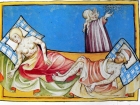
New Treatments of Familiar Topics
ArticleClick to view -
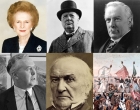
Thematic GCSE Content
ArticleClick to view -
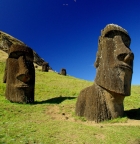
Historical Perspective & 'Big History'
ArticleClick to view -
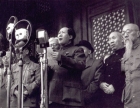
Transforming Year 11's conceptual understanding of change
ArticleClick to view -

Ideas on the Shape, Size and Movements of the Earth - Pamphlet
ArticleClick to view

